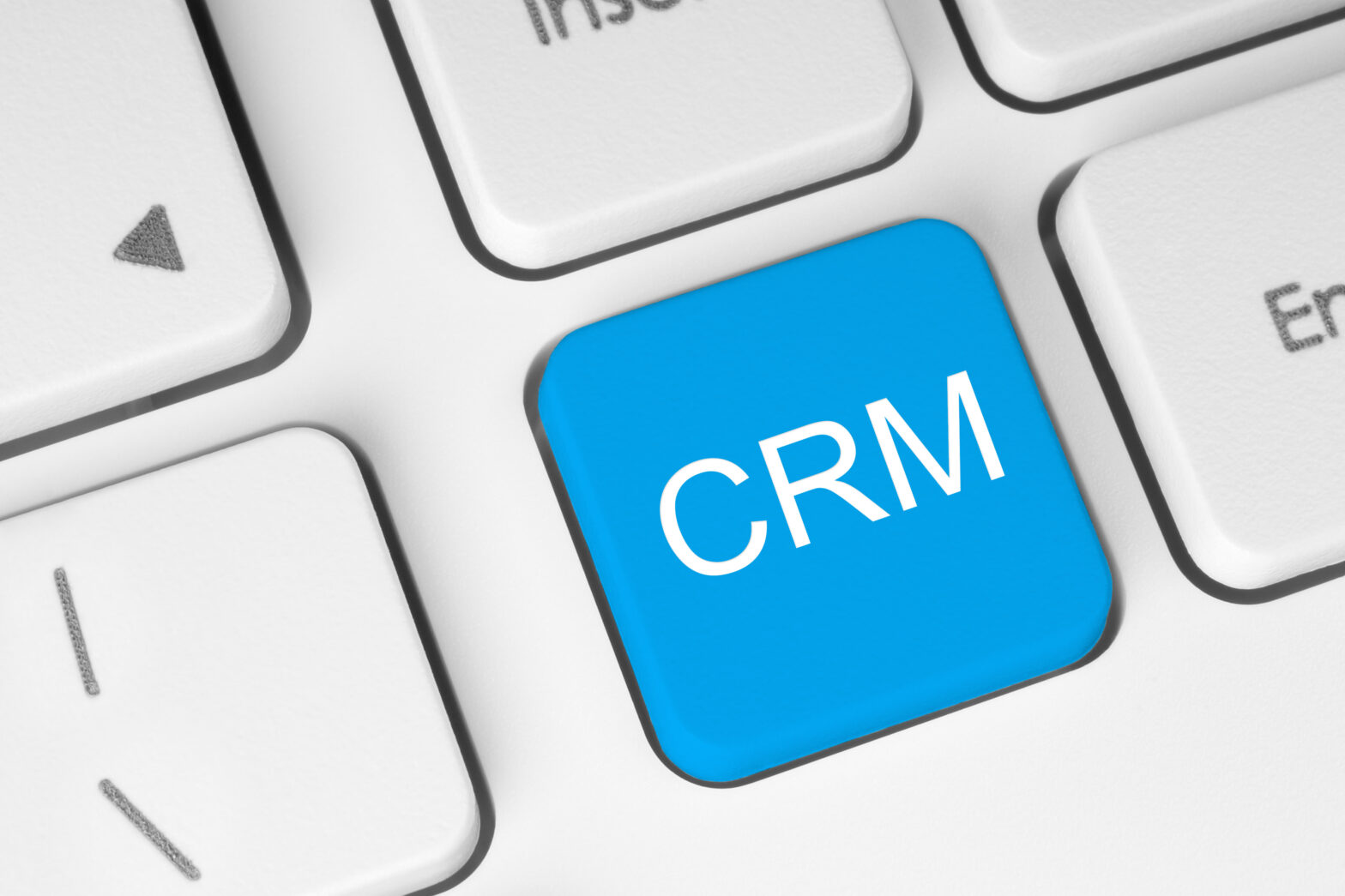Two thirds of companies are covering marketing and Customer Relationship Management (CRM) with the same budget, according to new figures.
The annual CRM Barometer, by marketing technology company Wiraya, reveals that only 34 per cent of companies have integrated CRM systems. However, 54 per cent are planning to up their budget next year.
At the same time, 35 per cent of businesses lack clear plans and processes when working with CRM/CX and a fifth of businesses that actually have processes to work with existing customers don’t actively follow them.
CRM and senior leadership
A promising 21 per cent of UK businesses are prioritising existing customers more than prospects this year.
The customer’s voice is represented in the top management team in nearly nine in ten companies and 69 per cent of customer experience leads within a business have the authority to make the changes necessary to enhance the customer experience.
Engaging in a two-way conversation ranks second highest in terms of what businesses think of outstanding customer service. Unfortunately, 18 per cent of businesses attribute a lack of new or modern technology as a reason for missing goals related to customer experience.
Sam Madden, UK director at Wiraya, says that an effective way around this is to let management take on the role of the customer,
‘Let the executives sign up for your service and go through the whole customer journey themselves to really get a feel for the importance of a CRM focus.’
Key Performance Indicators (KPIs)
With organisations becoming more data driven, it’s more important than ever for businesses to wise up about measurement to prove their value of their work, or quickly adapt if something isn’t working. Overall, customer satisfaction scores (49 per cent) and customer renewals (35 per cent) are the most common Key Performance Indicators to track the results of work with existing customers.
When looking at the best-ranking companies, these business focus on customer experience KPIs connected to revenue such as ROI (39 per cent), churn rate (22 per cent) and customer lifetime value (39 per cent).
To get your top management’s attention you need to speak their language. Build your business case by showing them the numbers connecting to revenue and supporting your business model.
Maturity levels
The way companies work with Customer Relationship Management can be broken down into three broad categories:
Traditional
This is the most common group (34 per cent), typically working continuously with CRM, but without having exact plans and processes. Their company has an appointed CRM manager.
Ambitious
This is closely followed by the ambitious (27 per cent), where they have plans and processes in place, as well as a team or individual with dedicated CRM responsibility. These organisations plan to invest in the technology in the future, regardless of whether this is a dedicated budget for Customer Relationship Management only, or forms part of a wider marketing allocation.
Ad-hoc
Meanwhile, 17 per cent considered themselves to be more ‘ad-hoc’ users. Their CRM work is spontaneous and occurs mainly on an as-and-when basis, with no direct organisational structure and no appointed role responsible for CRM.
Further reading on CRM
The value of a CRM system for small businesses – what is it and what can it be used for?








